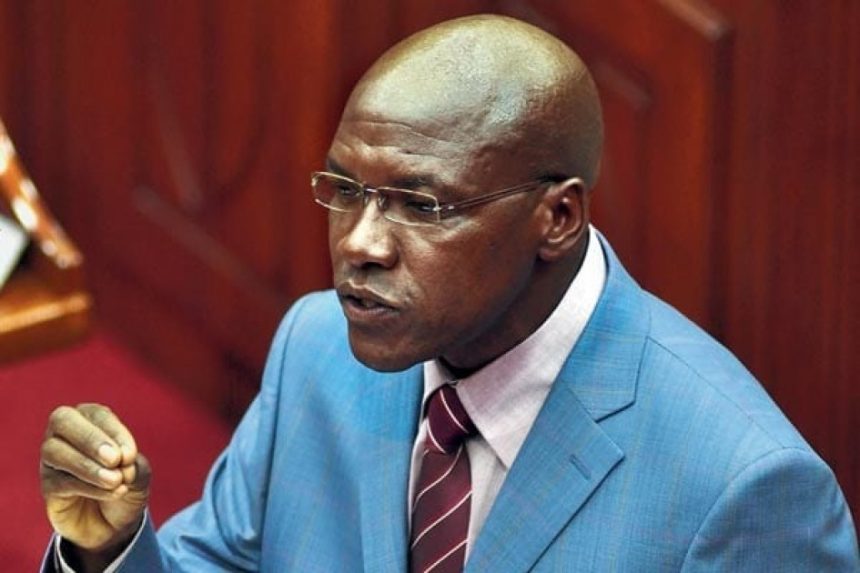Kakamega Senator Boni Khalwale has downplayed the controversy around the proposed housing levy contribution under the Finance Bill, 2023.
The proposal wants employees to pay three per cent of their monthly salaries to support President William Ruto’s ambitious plan to provide affordable housing to Kenyans.
But it has been met with opposition from a section of Kenyans who have been calling for the levy to be made a voluntary contribution.
According to Khalwale, however, such backlash is expected and does not mean it is a bad proposal. He has likened it to the late President Mwai Kibaki’s free primary education initiative in 2003.
“In 2003 when Mwai Kibaki and Michael Kijana Wamalwa campaigned on a strong platform of free primary education (people) said it is not possible… they had refused to do forward-thinking, which is what we are doing now,” argued the senator on Citizen TV’s Day Break program on Thursday.
Similar to what Housing and Urban Development Principal Secretary Charles Hinga said while defending the proposal on Wednesday, Khalwale said the levy will serve as assurance to real estate investors the government seeks to engage in putting up houses.
“Developer fear going to the bank and collecting money to put up houses because people who take them will eventually default. The banks fear giving developers money because they know it will be a bad loan,” the senator said.
“But now because of this clear thinking, banks will release money and developers will take the risk because the money which is pulled from the fund is guaranteed,” added Khawale.
Boni Khalwale – Senator, Kakamega: People said it was impossible when Mwai Kibaki campaigned for free primary education in 2003. That is what is happening now with the housing fund #DayBreak @TrevorOmbija pic.twitter.com/ftdnWLh6cw
— Citizen TV Kenya (@citizentvkenya) May 25, 2023
PS Hinga on Wednesday drew parallels between the housing levy and the fuel levy, saying the government could not have built roads if it did not have a certainty of cash flow every month to present to road construction companies.
“We went to the markets and told them to give us a lot of money today we build roads and in the next 15 years we will be paying that levy and we will be able to pay you out. If we didn’t have that, they would tell us we can’t afford that,” he explained.
“The highest-earning Kenyans will only pay Ksh.2,500, the majority will pay Ksh.1,000 and below. So when we put this all together as a country, we will be able to go out to the market and tell investors that the government is providing land at no cost for Kenyans to own homes, build houses in mass, give me the keys and go. If I don’t have the housing fund, they will refuse to build,” added Hinga in an address to journalists at State House in Nairobi.
Charles Hinga on why the housing levy is a mandatory contribution:
The housing levy should be driven by law and not voluntary because if it is driven by law, we can call investors because there’s an assurance of collecting money even after 3 years, so long as the law is there. pic.twitter.com/7fMpxTYXFY
— Citizen TV Kenya (@citizentvkenya) May 24, 2023
Analysts have, however, criticised the government’s plan saying the proposed taxes on housing would be hard to implement given that the first one failed and also considering the hard economic times that Kenyans are in.



